There’s a Yiddish saying that goes: “I’ve been poor and I’ve been rich. Believe me, rich is better!” In the Midrash we read: “Nothing in the universe is worse than poverty; it is the most terrible of sufferings.” (Exodus Rabbah 31:14)
Los Angeles is a city that glitters with gold and at the same time is tarnished with dirt. The billboards up and down Sunset Boulevard with their perfect models wearing the latest fashion fall in sharp contrast with the homeless and hungry of our city.
In this week’s Torah portion our people actually live through a fall from wealth to poverty. In it we read that Joseph — Pharaoh’s right-hand man — is put in charge of preparing for seven years of plenty, followed by seven years of scarcity. Then “when the famine was over all the face of the earth, Joseph opened all the places that had food in them and sold the grain to the Egyptians.” (Genesis 41:56)
According to the Midrash, when the famine in Egypt devoured the land, the first to recognize it were the wealthy, not the poor. Why so? Because the poor easily become accustomed to a lack of food, clothing and material goods. They are unable to see disaster when it hits since their lives are regularly filled with turmoil. But the rich are used to fine food, private school education, a house overlooking the ocean and exotic vacations. The rich are the first to feel the loss of a job or a fall in the economy.
This contrast of rich and poor is highlighted in the “December Dilemma” many families experience during this Chanukah season. Our children look around and see department stores and commercials advertising the latest, greatest items and parents feel as though we need to compete with Christmas and give our children eight presents for the eight nights of Chanukah.
Whether we are rich, poor or most likely somewhere in between, we get swept up in the corrupting consumerism of Christmas. (Not what Christmas is truly about, but what it has become.) Ironically, Chanukah is actually about the rejection of the pagan world (in modern times read: December consumerism) and the fight to maintain our Jewish set of practices. Our ancestors fought a battle because Judah Maccabee and his courageous followers refused to reject their faith in God, their customs, and their religious traditions. They saw the Jews getting drawn into the negative attributes of the larger culture, and risked their lives to uphold our unique ways. By participating in December’s gift giving madness, we are disregarding Chanukah’s main message. Instead of reaping the best of the secular culture, we are teaching our children that material goods are Chanukah’s reward, rather than Chanukah’s main message: We are unique and different, and proud of it. We as Jews need not fall into the corrupting paganism of our time. We have wonderfully rich traditions that teach our values and vision for the future.
When I share this approach with my congregants, I urge them to consider how they can create a special Chanukah tradition in their home to take the place of presents. One tradition I grew up with was that every night of Chanukah my parents would play the same Chanukah record as we sang along and danced in front of the burning lights. Then we all went into the bedroom while my parents hid three pieces of Chanukah gelt, one for each child, in the living room. Each night we would play “hot and cold” and try and find the gelt. We all knew that our Christian, and many of our Jewish friends, received many presents, but after a few years the excitement and ritual of our tradition became more meaningful than my friends forgotten gifts.
Then one day on the first night of Chanukah, years later in my college dorm room, my Christian roommate asked me to suddenly leave the room. When I came back in she said, “OK, now it’s time for hot and cold.” I couldn’t believe it. A huge smile came to my face, and I knew that my parents had truly taught me the meaning of Chanukah. Presents come and go, but memories of a rich Jewish tradition remain forever.
Michelle Missaghieh is rabbi at Temple Israel of Hollywood.







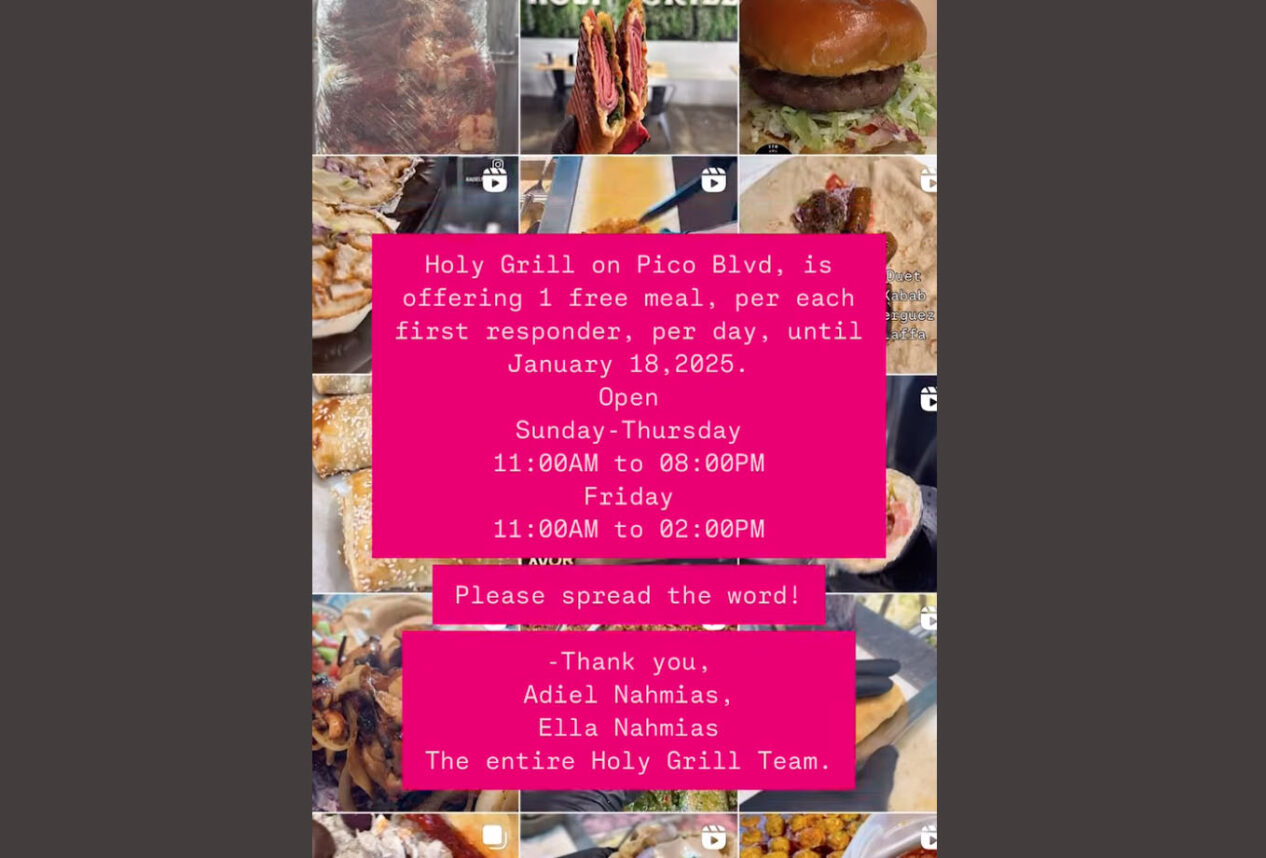


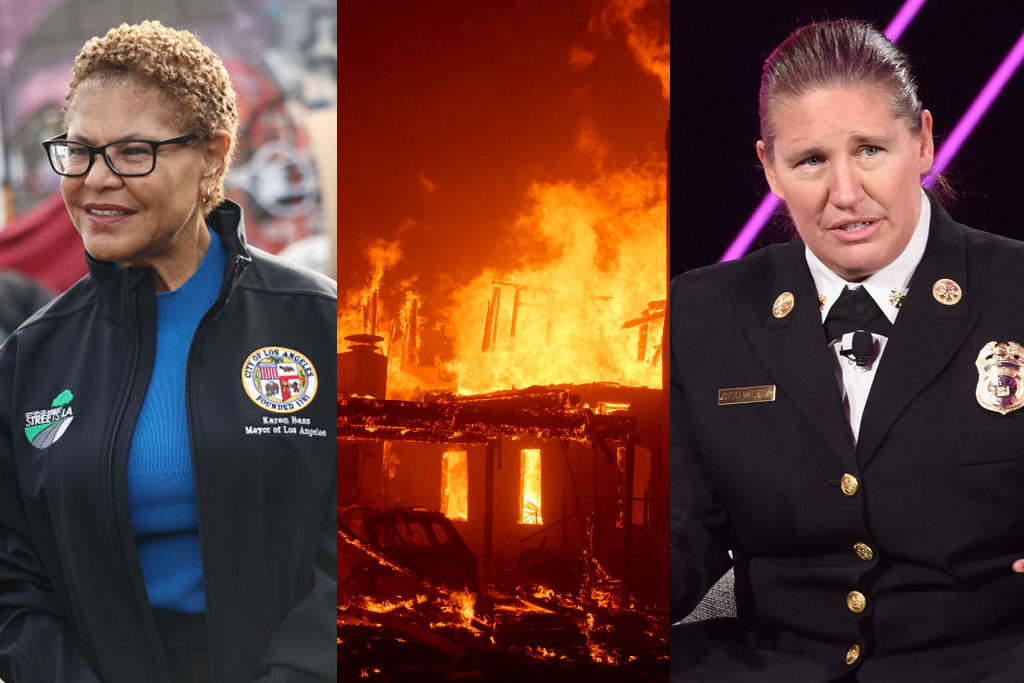

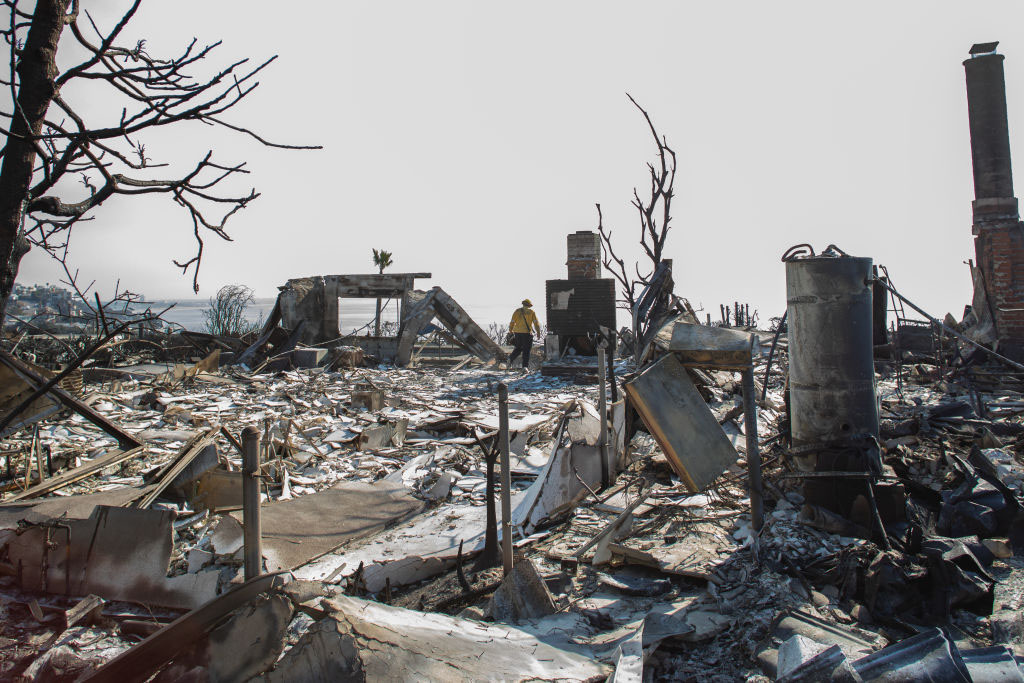
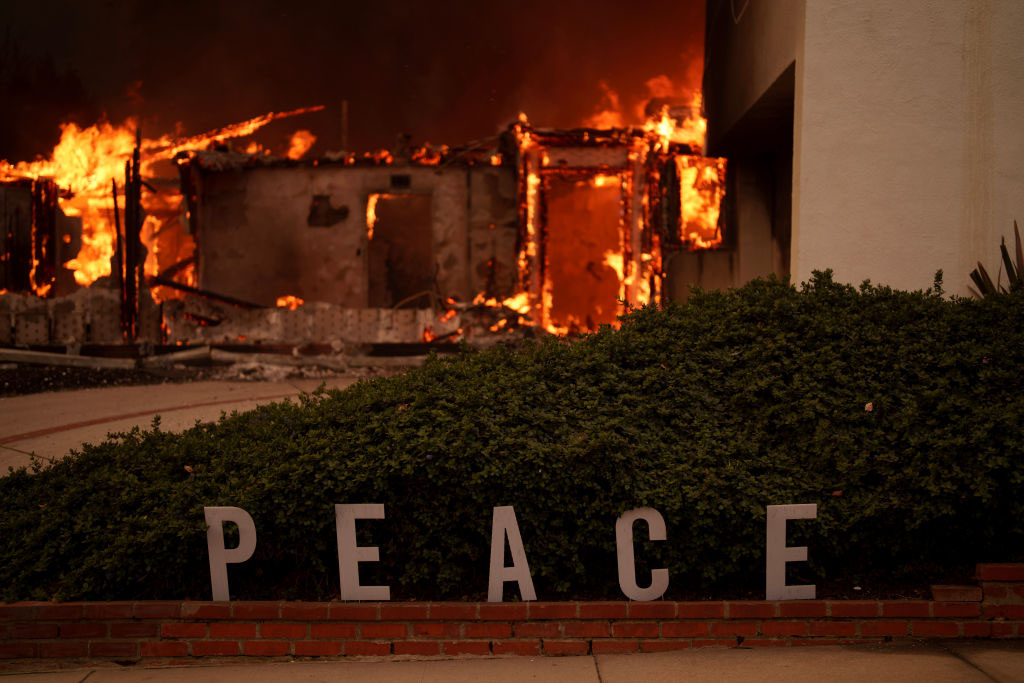
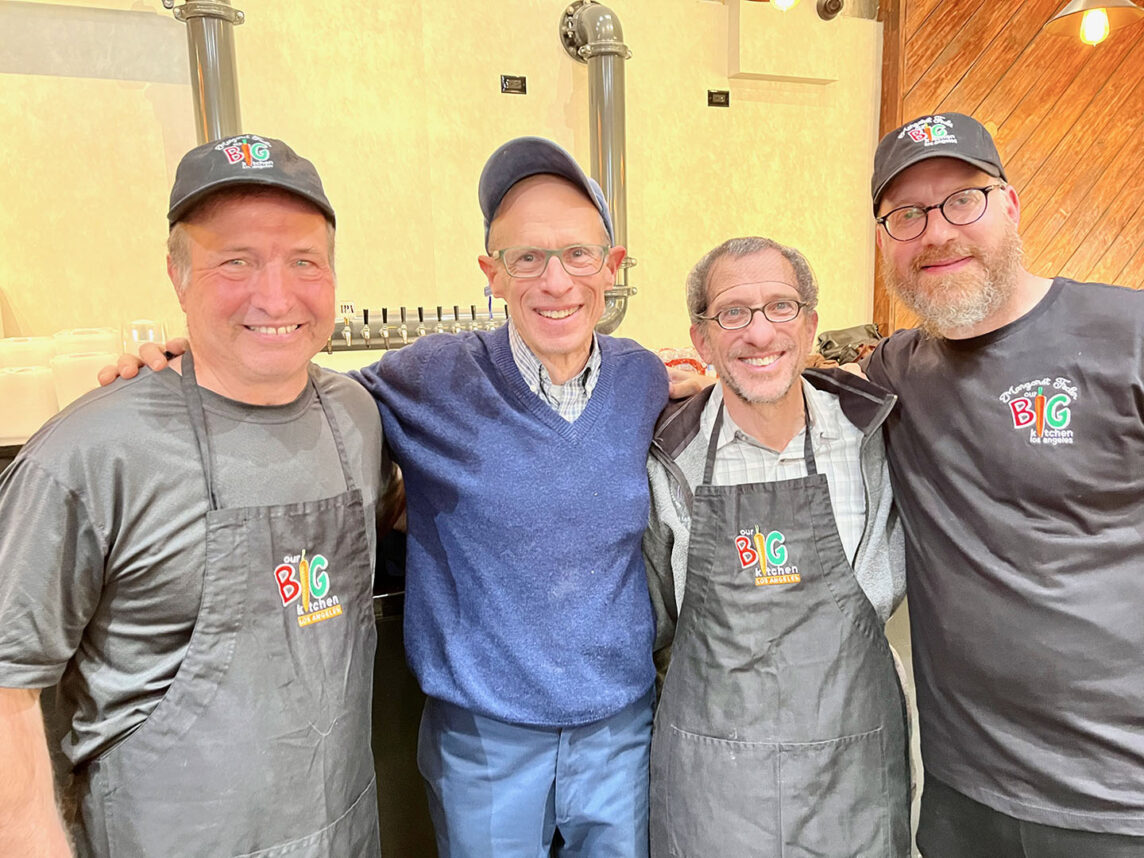
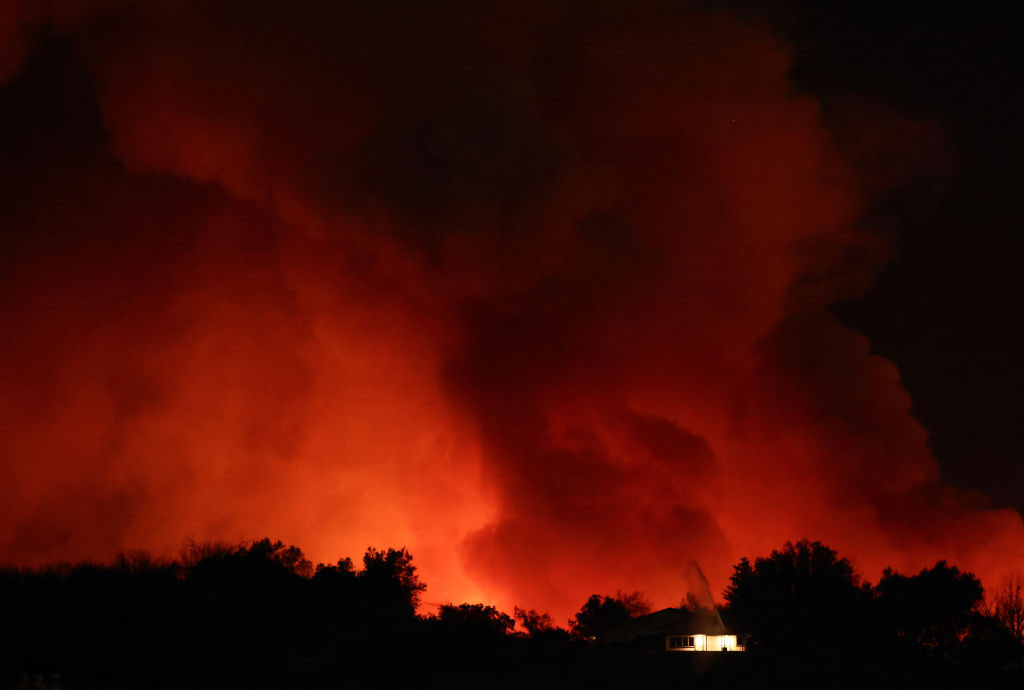




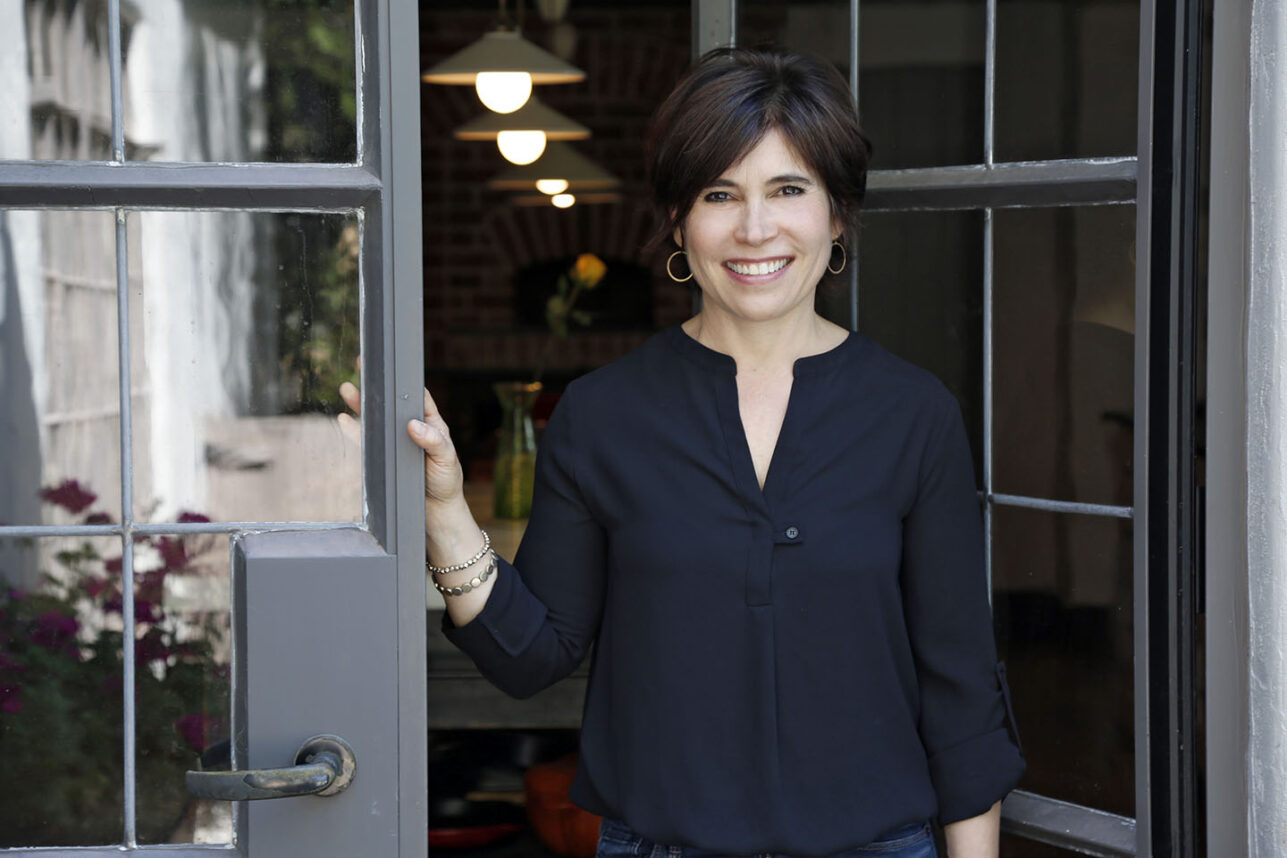


 More news and opinions than at a Shabbat dinner, right in your inbox.
More news and opinions than at a Shabbat dinner, right in your inbox.